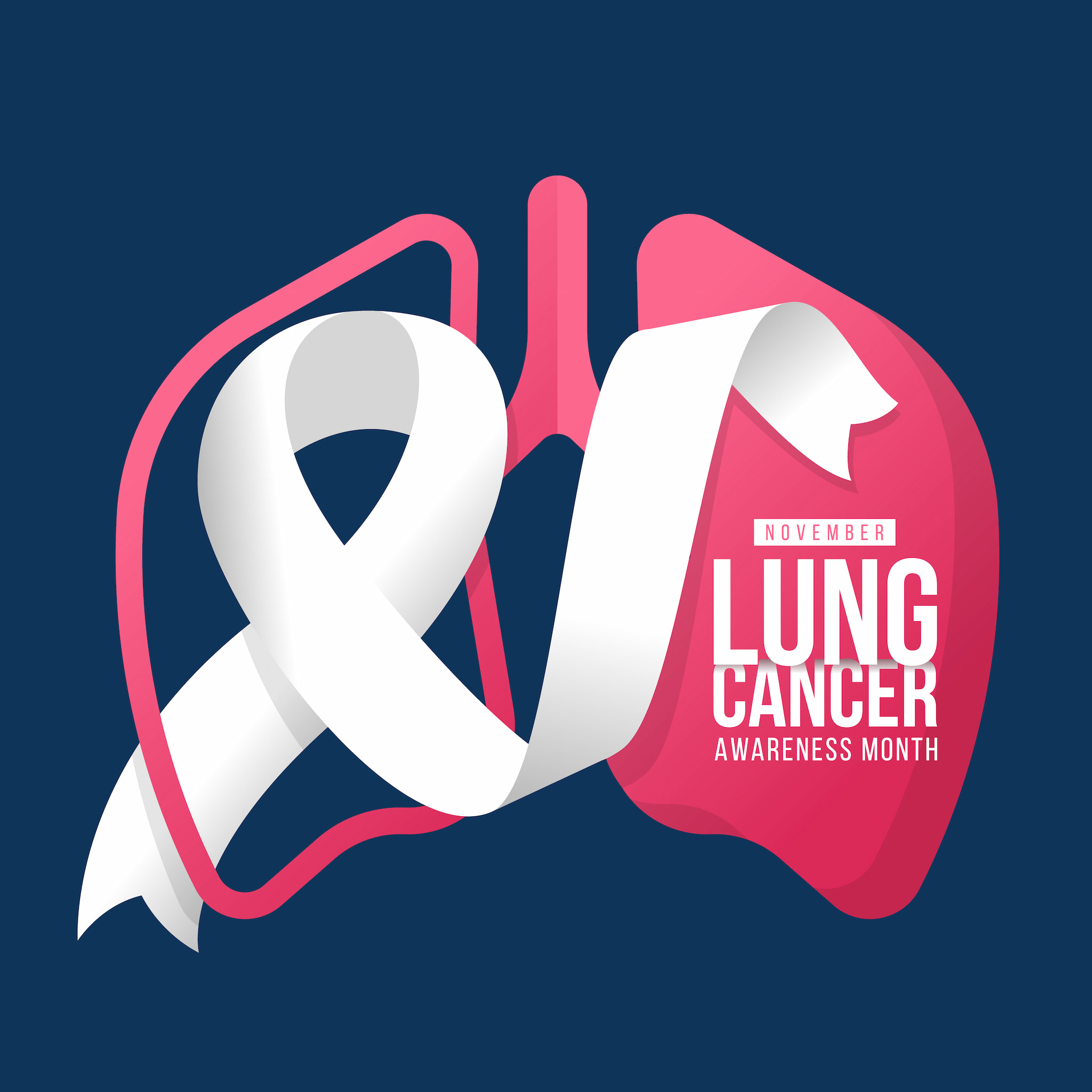Lung Cancer Awareness Month

Renz Basa
November 22, 2024

November is National Lung Cancer Awareness Month, an opportunity to shine a spotlight on lung cancer, raise awareness about its impact, and support those affected by the disease. As the leading cause of cancer-related deaths worldwide, lung cancer affects millions of lives, yet it often receives less attention compared to other cancers.
This month provides a platform for education, advocacy, and renewed efforts to address this critical public health challenge.
Lung cancer is broadly categorized into two main types:
Common risk factors include smoking, exposure to secondhand smoke, environmental pollutants, and certain genetic predispositions. However, it’s important to note that lung cancer can also occur in individuals with no known risk factors.
One of the biggest challenges in fighting lung cancer is that it is often diagnosed in its later stages, when treatment options are more limited. Early detection through screenings, such as low-dose CT scans for high-risk individuals, can significantly improve survival rates.
Symptoms like persistent coughing, shortness of breath, unexplained weight loss, and chest pain should not be ignored, as they may indicate the presence of lung cancer or other health issues.
The last decade has seen tremendous progress in lung cancer research. Advancements in precision medicine, immunotherapy, and targeted therapies have transformed treatment options, particularly for NSCLC. These breakthroughs offer hope, even for those with advanced disease.
For example:
Beyond medical advances, supporting patients emotionally and financially is critical. Lung cancer often carries a stigma, particularly for individuals with a history of smoking, which can lead to feelings of isolation. Advocacy organizations play a crucial role in providing resources, connecting patients to support networks, and advocating for research funding.
National Lung Cancer Awareness Month is a time for everyone to contribute:
While the challenges are significant, the strides made in research, treatment, and advocacy provide hope for a future where lung cancer is more manageable—and eventually preventable. This November, let’s honor the lives affected by lung cancer by committing to greater awareness, understanding, and action.